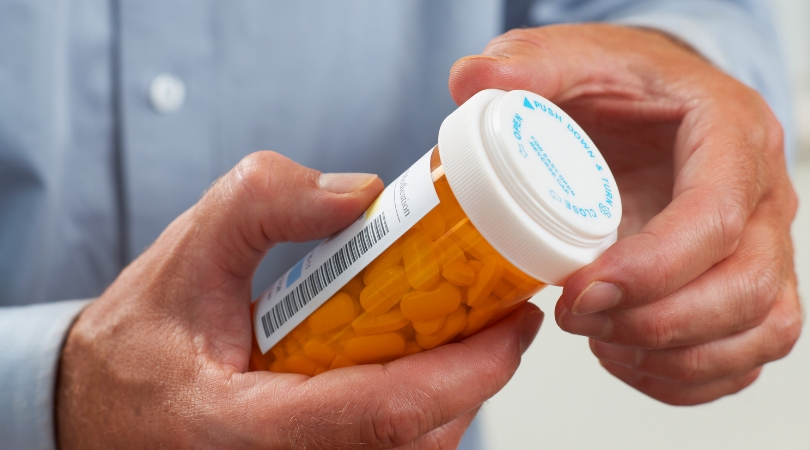


Relax blood vessels and lower blood pressure by stopping calcium from getting into heart cells and arteries. Like beta blockers, ACE inhibitors alone do not work as well in African-Americans, but do work when combined with a thiazide diuretic. As blood vessels relax, blood pressure goes down. Beta blockers include:Īngiotensin-converting enzyme (ACE) inhibitors:īlock your body from making the chemical angiotensin, which helps stop blood vessels from narrowing. Beta blockers are not as effective in African-Americans, but they do work when taken with a thiazide diuretic. They also reduce stress hormones in the body, which allows blood vessels to relax. Slow down the heart rate, reducing how hard your heart has to work. Other medications used to treat hypertension include: Amiloride (Midamor) and triamterene (Maxzidel) are this type of drug. Furosemide (Lasix) and bumetanide (Bumex) are loop diuretics.ĭo not lower potassium. Hydrochlorothiazide (HCTZ) is the most common.Īlso tend to lower potassium levels. May lower potassium levels and may increase cholesterol and blood sugar. There are three types of diuretics: thiazide, loop, and potassium-sparing. This lowers the amount of blood in the body and brings down blood pressure. Some of the most commonly prescribed medications include:ĭiuretics help the kidneys eliminate sodium and water from the body. Ten percent of people with hypertension may need as many as three drugs to control their condition. Several medications are available to treat high blood pressure. You will still need to make changes to your diet and exercise habits, even if your doctor prescribes medication. After this time, if blood pressure is still high, you will probably need medication. In the early stages of hypertension when blood pressure is not very high, your doctor may tell you to make lifestyle changes for 6 to 12 months. Ideally, you want your blood pressure to be 120/80 mm Hg, but even modest reduction in pressure can help. If you have high blood pressure, work with your doctor to reduce the risk of serious complications, including heart disease and stroke, by getting it under control. Additional laboratory and blood tests can determine whether it is secondary or primary hypertension. If your doctor thinks you have high blood pressure, you may be asked to measure your blood pressure at home or to come back for another appointment. If it is high, your doctor will check your pulse rate, examine your neck for swollen veins or an enlarged thyroid gland, listen to your heart for murmurs, and look at your eyes for damaged blood vessels in the retina. To diagnose hypertension, your doctor will check your blood pressure using an inflatable cuff and a stethoscope. A person with high blood pressure has an average systolic blood pressure above 140 mm Hg and/or a diastolic blood pressure above 90 mm Hg, usually written as 140/90. When your heart is at rest, between beats, the blood pressure falls, which is known as the diastolic pressure. The pressure of the blood against the artery walls is called systolic blood pressure, when blood pressure is at its maximum. ) can cause high blood pressure or make it worse.Įach time your heart beats, or contracts, it pumps blood into your arteries. Use of cocaine, nicotine, or other stimulants or the herb licorice ( Certain medicines, including some birth control pills, pseudoephedrine, hormone replacement therapy, and steroids.Taking nonsteroidal anti-inflammatory drugs (NSAIDs), such as ibuprofen (Motrin, Advil) and naproxen (Aleve), over a long period of time.Sleep apnea, where breathing stops for a moment while you are asleep because your airway is obstructed.Endocrine diseases, such as Cushing syndrome.Secondary hypertension has an underlying cause, which may include: Low levels of nitric oxide, a substance in your body that makes blood vessels open.A number of things may be involved, including: There are two major types of high blood pressure: essential, or primary, and secondary.


 0 kommentar(er)
0 kommentar(er)
